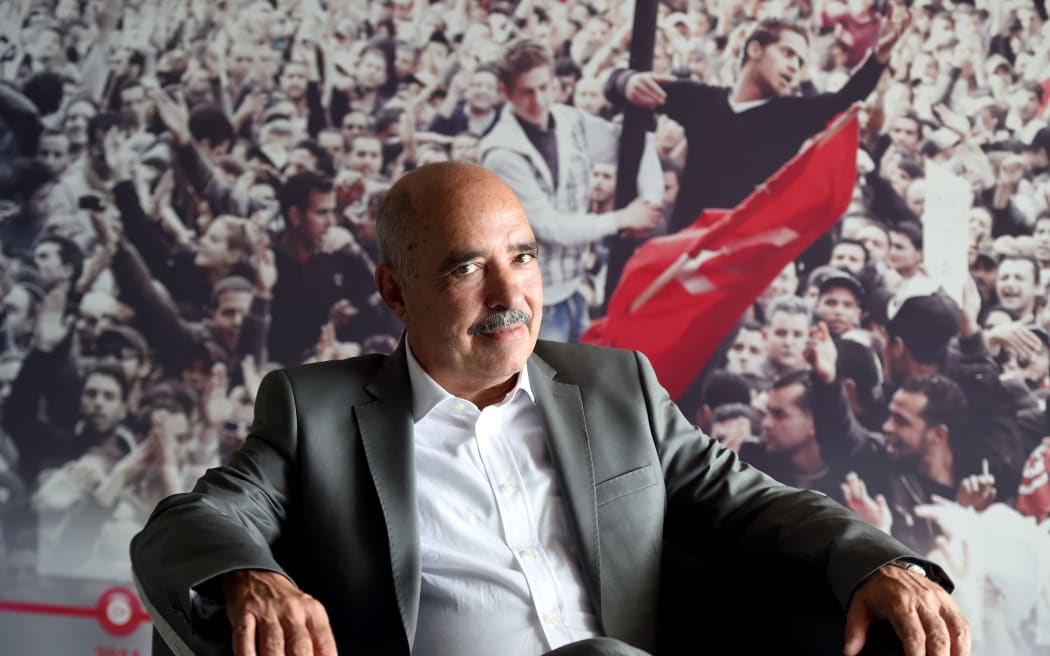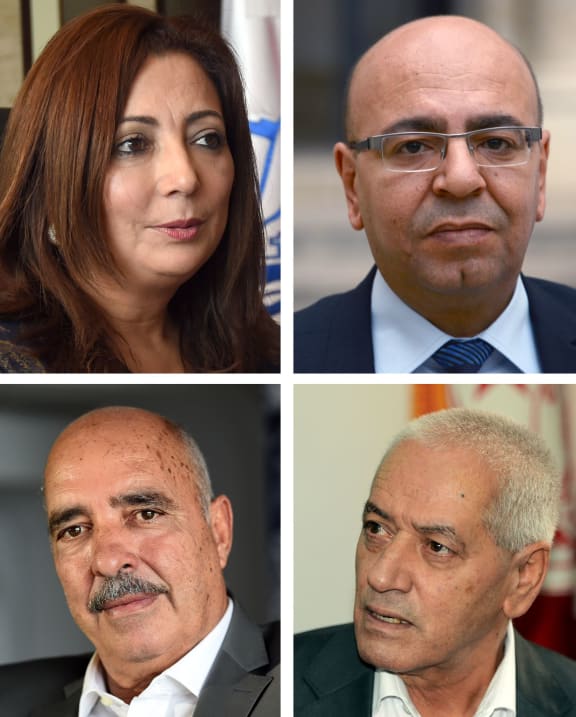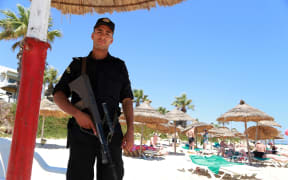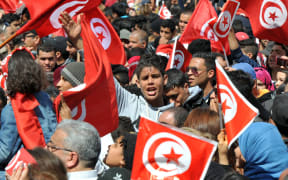A Tunisian coalition of civil society organisations called the National Dialogue Quartet has won this year's Nobel Peace Prize.

President of the Tunisian Human Rights League Abdessattar Ben Moussa. Photo: AFP
The Nobel Committee said the group was awarded the prize for its contribution to building democracy after the Jasmine Revolution in 2011.
Tunisia's uprising was the first and most successful of the Arab Spring.
While other countries such as Libya, Egypt, Yemen and Syria either reverted to authoritarian rule or descended into violence and chaos, Tunisia managed a successful transition to democracy.
But it was touch and go - in 2013 the newly fledged democracy in danger of collapsing and the country was on the brink of civil war.
The Quartet, which was formed in the northern summer that year, played a key role in mediating between the country's Islamist and secular coalition parties.
It is credited with creating a national dialogue amid Tunisia's deepening political and economic crisis in 2013.

Tunisian mediators of the National Dialogue Quartet (clockwise from top left) Wided Bouchamaoui; Fadhel Mahfoudh; Abdessattar ben Moussa and Houcine Abbassi. Photo: AFP
Kaci Kullman Five, the chair of the Nobel peace committee, said the Quartet's role in Tunisia's democratisation was "directly comparable to the peace conferences mentioned by Alfred Nobel in his will".
Tunisia's revolution began in late 2010 and led to the ousting of President Zine El Abidine Ben Ali in January 2011, followed by the country's first free democratic elections last year.
Tunisians held their first freely contested presidential election last December; it was won by 88-year-old Beji Caid Essebsi of the secular-leaning Nidaa Tounes party.
But the country is still facing very serious security problems, particularly from Islamists over the border in Libya.
Tunisia has been rocked by two major terror attacks this year alone - on the renowned Bardo Museum in Tunis in March, in which 22 people were killed, and on the resort of Sousse in June in which 38 tourists were killed.
Quartet joins four organisations
The quartet is made up of four organisations: the Tunisian General Labour Union, the Tunisian Confederation of Industry, Trade and Handicrafts, the Tunisian Human Rights League, and the Tunisian Order of Lawyers.
It was created in 2013, two years after the revolution, when security in the country was threatened following the assassination of two key politicians and deadly clashes between Islamists and secular parts of society.
Houcine Abassi, head of Tunisia's General Labour Union - one of the groups in the quartet - said the award was a "tribute to martyrs of a democratic Tunisia".
"This effort by our youth has allowed the country to turn the page on dictatorship," he said.
Abdessattar Ben Moussa of the Human Rights League said the award "fills us with joy" at a time when Tunisia "is going through a period marked by political tensions and terrorist threats".
He said he hoped it would encourage the winners to take a "larger responsibility" in solving Tunisia's problems.
Tunisia's President Beji Caid Essebsi, said the award recognised the country's decision to choose the "path of consensus".
The Pope and German Chancellor Angela Merkel were among the 270 candidates for this year's peace prize.



